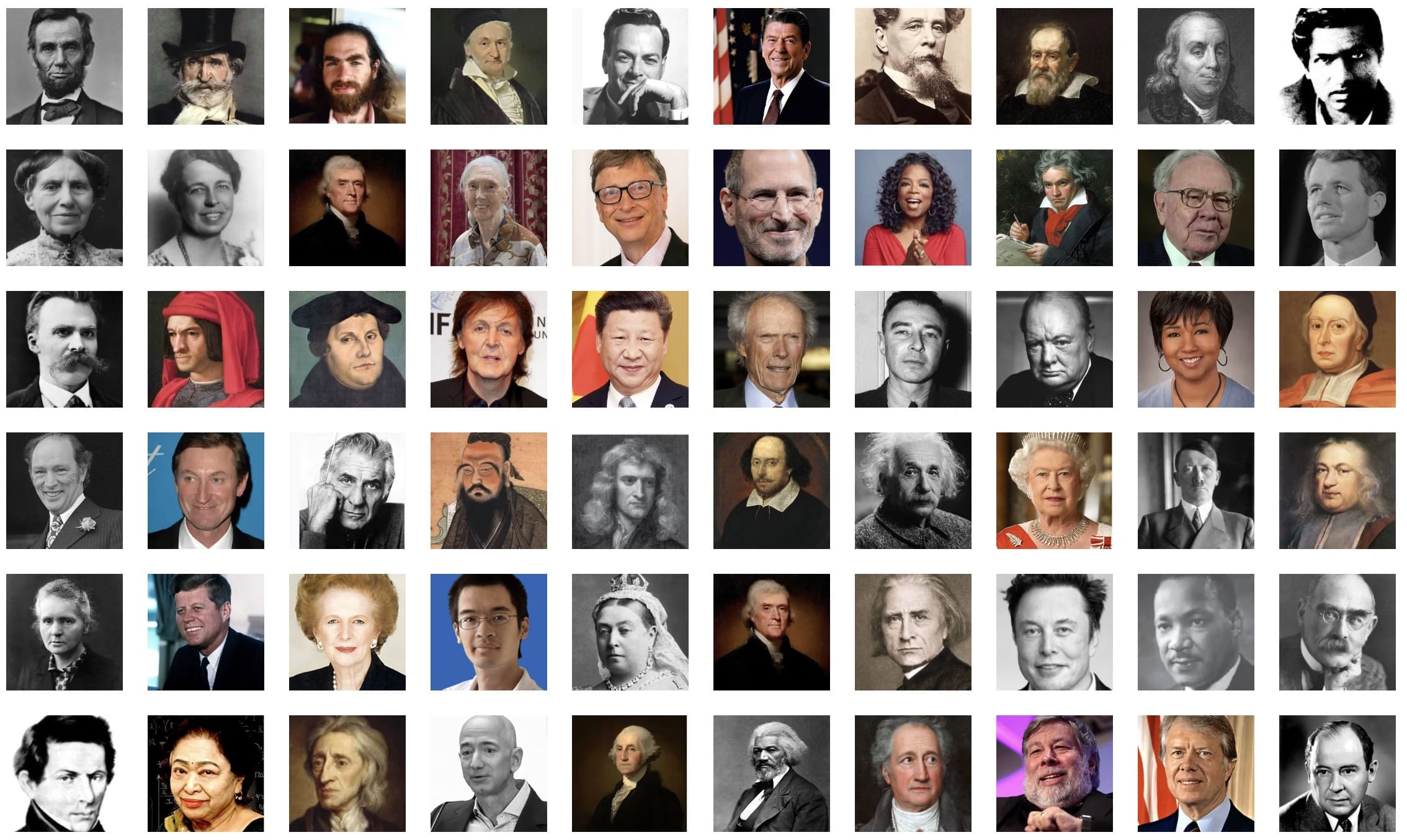
Years ago, I would have assumed that high IQ people were less prone to propaganda, because they are better equipped to sort through the political noise and draw correct inferences. However, in recent decades, I’ve had a chance to observe many people of high IQ who have locked into a point of view and then read only the books and watch only the television channels that support their viewpoint. I have come to realize that most people reach opinions through a visceral, rather than a cerebral, process that supports what they wish to believe, rather than what an objective analysis would reveal.
Dan Kahan of Yale University has coined the term politically motivated reasoning to describe this behavioral pattern. He characterizes politically motivated reasoning as an insidious kind of bias whereby people consider evidence contrary to their opinion, and then discount its authenticity when considering how much validity to attribute to its content. He states:*
High numeracy—a quantitative reasoning proficiency that strongly predicts the disposition to use System 2 information processing—also magnifies politically motivated reasoning. In one study, subjects highest in Numeracy more accurately construed complex empirical data on the effectiveness of gun control laws but only when the data, properly interpreted, supported the position congruent with their political outlooks. When the data properly interpreted was inconsistent with their predispositions, they were more disposed than low numeracy subjects to dismiss it as flawed. If this is how people use their reasoning proficiencies to assess evidence about contested facts in the real world, then we would expect to see exactly what observational studies consistently find: namely, a progressive increase in political polarization as individuals of opposing outlooks become even more proficient in critical reasoning.
In other words, politically motivated reasoning causes us to weigh more heavily the evidence that agrees with our current opinions and attribute less weight to evidence that challenges our beliefs. Furthermore, those who are most proficient in system 2 thinking (rational thinking) tend to use their higher order cognitive skills to craft better arguments to support their current opinions rather than to challenge them. We see evidence of politically motivated reasoning in the mass protests of students at universities. Most of these students have higher than average IQ, yet they have bought into the consensus opinions of their colleagues or political biases of their professors. If an interrogator were to pepper these students with questions to probe the basis of their certainty, they would find, in most cases that the student hadn’t really analyzed the issue in much depth. Similarly, we see people who spend hundreds of hours traveling from house to house proselytizing a particular religion, and yet have invested little time in a deep analysis of the origins of that religion to investigate its claim on truth.
Fortunately, there is a sector of people who have acquired wisdom through the reflective habit of mind. This is the ability to ruminate objectively on issues and think through the arguments for and against in ways that challenge their deepest beliefs. Few people can do this, and that’s why wisdom is such a rare commodity. People who are wise, are seldom adamant about an issue because they see its complexities. They state their opinions with some reservation, acknowledging that their opinions are open to change, pending new information. The only people who can be absolutely certain of something are those who see only one side. That is why science has theories instead of theorems. Every scientific theory is provisional and is subject to modification pending new information. That’s why, in science, “The dialog is never over.”
Since most people who possess a high degree of wisdom come from the high IQ group, we may be more likely to find in the high IQ group people who are relatively immune to propaganda. However, the majority of high IQ people are probably as susceptible to politically motivated thinking as everyone else. The truly wise recognize that each of us as a single individual sees only a small portion of this remarkably complicated universe. As the quintessential genius, Isaac Newton, once observed:
I do not know what I may appear to the world; but to myself I seem to have been only like a boy playing on the seashore, and diverting myself in now and then finding a smother pebble or prettier shell than ordinary, whilst the great ocean of truth lay all undiscovered before me.
* Reference: Kahan, Dan M. Dec. 2015. “The Politically Motivated Reasoning Paradigm.” Emerging Trends in Social & Behavioral Sciences. Forthcoming, A preprint of this article is accessible at: The Politically Motivated Reasoning Paradigm. The quote is on page 12 of the preprint.
